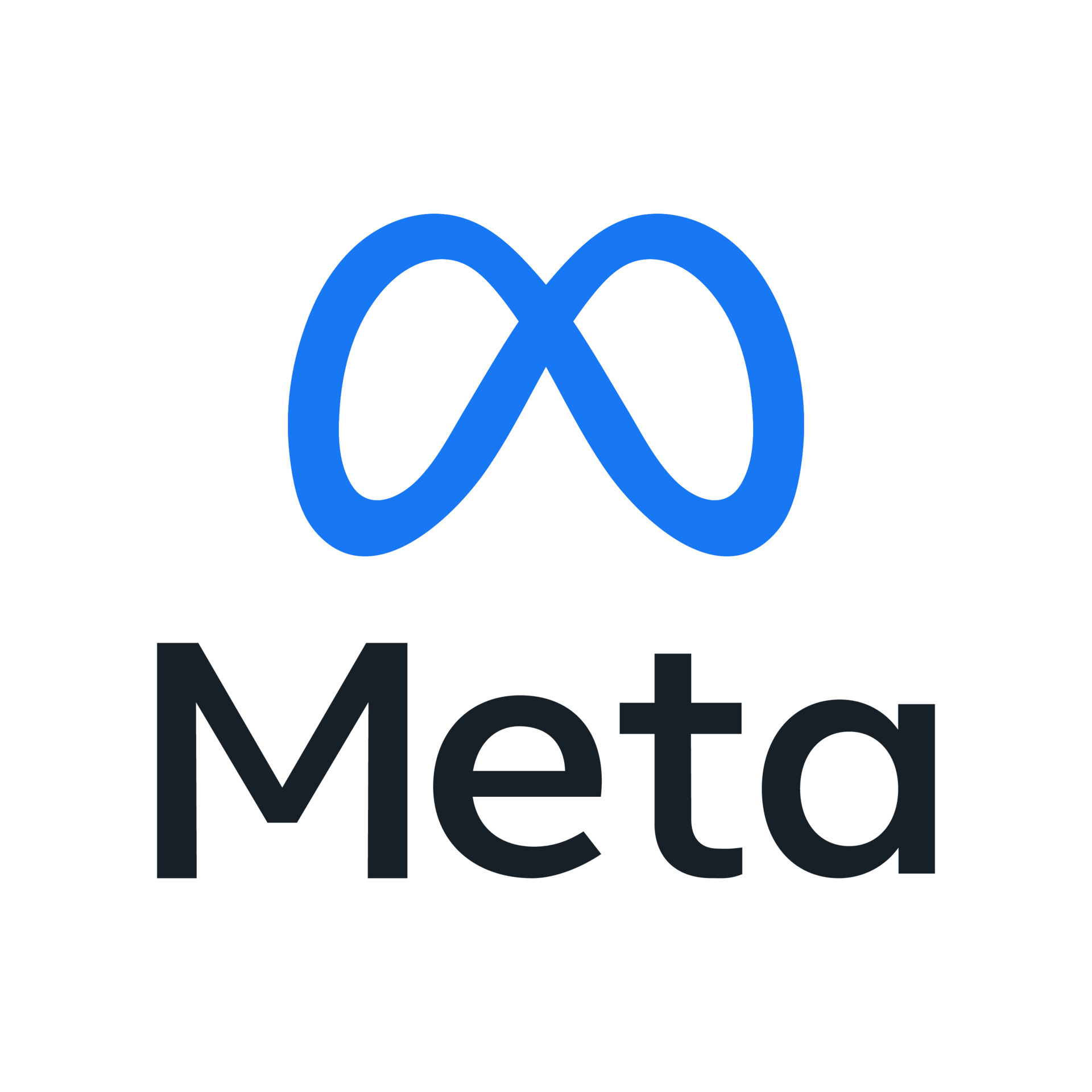Meta's AI: EU Data Fuels Model Improvement
Meta, the tech giant behind Facebook and Instagram, is making significant strides in its artificial intelligence (AI) development, and a surprising source is fueling its progress: European Union data. This revelation raises important questions about data privacy and the ethical implications of using vast datasets for AI training. While Meta maintains its commitment to responsible AI practices, the use of EU data sparks debate about the balance between technological advancement and individual rights.
EU Data: A Goldmine for AI Training
Meta's AI models, used across its platforms for tasks ranging from content moderation to personalized recommendations, are constantly being refined and improved. A key element in this ongoing development is the massive influx of data, and the EU, with its rich and diverse datasets, plays a significant role. This data, encompassing user interactions, public information, and other digital footprints, provides valuable insights that help Meta's AI learn and adapt. The sheer volume and variety of this information contribute to the sophistication and accuracy of Meta's AI systems.
The Ethical Tightrope: Balancing Innovation and Privacy
However, the use of EU data for AI training immediately raises concerns about data privacy and the General Data Protection Regulation (GDPR). GDPR, a landmark piece of legislation, grants individuals significant control over their personal data. Meta must navigate a complex legal and ethical landscape to ensure its AI development aligns with GDPR's stringent requirements.
- Transparency: Meta needs to be transparent about the type of EU data used in its AI models and how it's being processed. This transparency is vital for building trust with users and regulators.
- Consent: Obtaining informed consent from EU users regarding the use of their data for AI training is crucial. This consent must be freely given, specific, and informed.
- Data Minimization: Meta should adhere to the principle of data minimization, using only the data necessary for AI training and avoiding excessive data collection.
- Data Security: Robust security measures must be in place to protect EU data from unauthorized access, use, or disclosure.
The Future of AI and Data Regulation
The situation with Meta highlights the growing tension between technological innovation and data protection. As AI models become more sophisticated and reliant on massive datasets, the need for clear and robust data regulations becomes increasingly important. The EU's GDPR serves as a global benchmark in this area, and its impact on companies like Meta will shape the future of AI development worldwide. The coming years will likely see increased scrutiny of AI practices and a refinement of regulations designed to balance innovation with individual rights.
What this means for you:
This development underscores the crucial role data plays in shaping the future of artificial intelligence. It also emphasizes the growing importance of responsible data handling and the need for strong regulatory frameworks like GDPR to protect user privacy. As consumers, we should remain informed and advocate for transparent and ethical AI development practices. Staying updated on these developments is vital to understanding how our data is being used and the impact it has on our digital lives.
Call to Action:
Learn more about the GDPR and your data rights. Stay informed about the ethical considerations surrounding AI development and advocate for responsible data handling practices.
Keywords: Meta, AI, Artificial Intelligence, EU Data, GDPR, Data Privacy, Data Protection, Ethical AI, Responsible AI, Data Regulation, AI Development, Machine Learning, Facebook, Instagram, Data Security, Transparency, Consent, Data Minimization.

